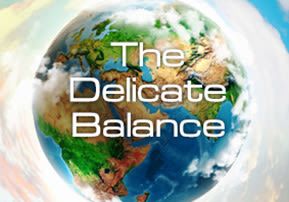
The Delicate Balance
When each the nations of the world performs its designated task, without attempting to forcefully overcome another nation, then the world functions in harmony...

A world of harmony or a world of strife – the choice is up to us.
Rebbe Natan of Breslev explains[1] that the world is created in a delicate balance of four principle elements – earth, air, water and fire. As soon as one of the elements goes past its prescribed limitation and overcomes the other elements, that particular creation suffers, and in extreme cases, dies or is destroyed.
The above principle, simply stated, is a basic teaching in Kabbalah that goes all the way back to our forefather Abraham, who wrote about it in his classic Sefer Hayetzira, or “Book of Creation.” For example, illness is a sign of elemental imbalance; fever is the result of an excess of fire. On the other end of the scale, a low body temperature would result from an excess of water. The ancient Chinese understood the importance of this principle, for all of Chinese medicine is based on maintaining a holistic balance of the elements.
The Gemara tells us that man is a miniature universe. As such, the laws of creation that apply to the individual also apply to the universe at large. Like elements, when each the nations of the world performs its designated task, without transcending its borders and attempting to forcefully overcome another nation, then the world  functions in harmony. But, when one nation tries to subdue another nation, it creates double havoc: first, it is not doing its own task; and second, it hinders the second nation from doing its task. What’s true in the micro are true in the macro – like an element, when a nation goes beyond its prescribed task on earth it upsets the harmony on earth. The more it attempts to force its will on other nations, like an imbalanced element, it ruins the harmony on earth. Strife replaces the harmony, and the world becomes sick.
functions in harmony. But, when one nation tries to subdue another nation, it creates double havoc: first, it is not doing its own task; and second, it hinders the second nation from doing its task. What’s true in the micro are true in the macro – like an element, when a nation goes beyond its prescribed task on earth it upsets the harmony on earth. The more it attempts to force its will on other nations, like an imbalanced element, it ruins the harmony on earth. Strife replaces the harmony, and the world becomes sick.
Maybe you’re thinking that we cannot correct the world; true to an extent, but we can correct ourselves. The world functions in concentric circles. We start by rectifying ourselves. Once we do, this influences our family. Corrected families influence the community. A quality community can uplift an entire city, and a model city can change the face of a nation for the better. It all begins with the individual.
With the above in mind, Rebbe Natan writes[2], “Feuding is hateful and peace is great. One must therefore strive to reduce the feuding in the world as much as he can, even if he thinks that he is arguing for the sake of Heaven. Indeed, a person should evaluate himself, whether his motivation in the feud or argument is for the sake of Heaven.”
Rebbe Nachman speaks about people whose motivation in arguing is certainly not for the sake of Heaven, but for their own desire to be right and to win the argument.[3] He calls this midat hanitzachon, the obsession for winning. Rebbe Natan elaborates that such people want to win the argument at all costs; they’ll prove – even by force – that they are right. They can’t stand anyone who disagrees with them. Rather than molding their opinions according to the truth, they mold an imitation truth according to their opinions. In other words, they regard their own opinions as absolute truth and will do anything to trample anyone who disagrees with them. But, they are far from the truth and they upset the peace and harmony in the world.
Rebbe Natan’s above model brings to mind images of radical Islam, forcing others to accept their ways or brutally killing those who don’t. Yet, we don’t have to go as far as radical Islam. Let’s look in our own back yards…
How many of us can’t stand anyone who disagrees with us? How many groups – within our own camp – think that they hold a monopoly on truth and that all other groups are wrong?
Rebbe Natan emphasizes that the Torah commands a person to love his neighbor as himself even though his neighbor doesn’t follow the same path that he does. We might not understand, but that seemingly wayward neighbor is following that exact path that he should according to the root of his soul.
So how does one influence his fellow human? Rebbe Natan says that one should speak to his fellow human with “innocent truth”. Innocent truth is something that is totally devoid of the slightest desire to win or to be right, for such a desire is a deviation from truth.
To create a world of harmony and to prevent a world of chaos, we don’t have to demand that others think and act like we do. Rather, we should look for their good points. Once we see a person’s good points, it’s so much easier to love that person. The Torah doesn’t command us to change people, only to love them. These are not simply “nice” words – they’re the key to harmony, a commodity that’s far to rare in recent weeks. May we all enjoy enhanced peace and harmony on all levels – family, community, nationally and internationally – amen!




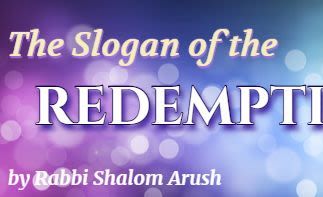
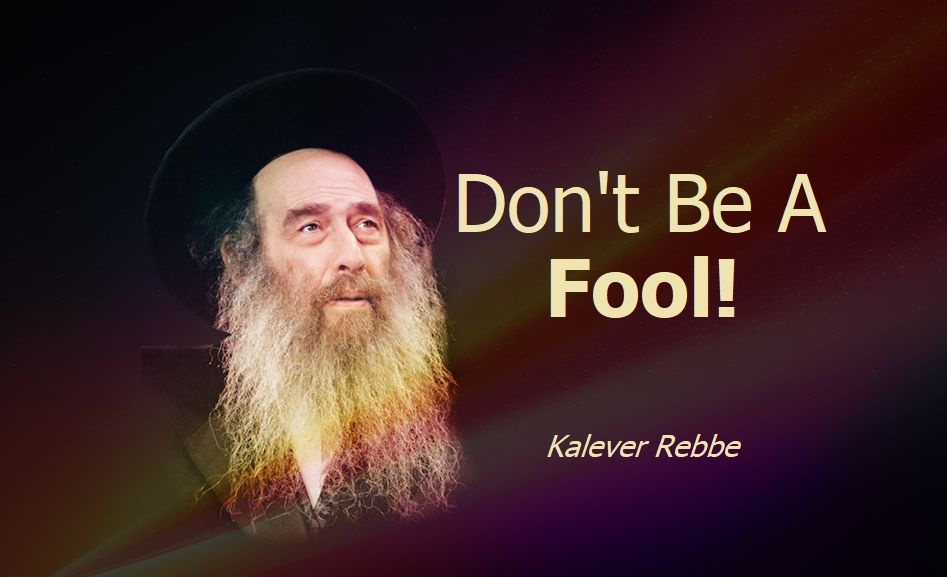
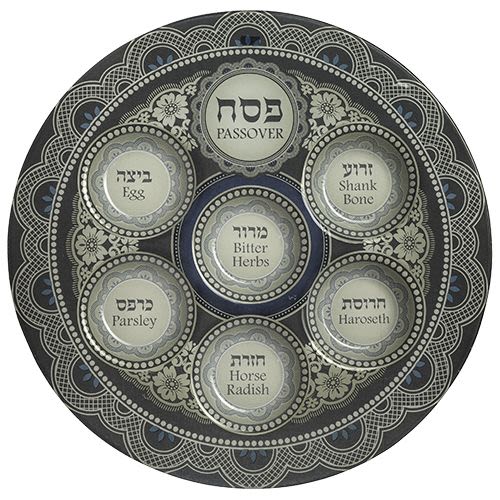

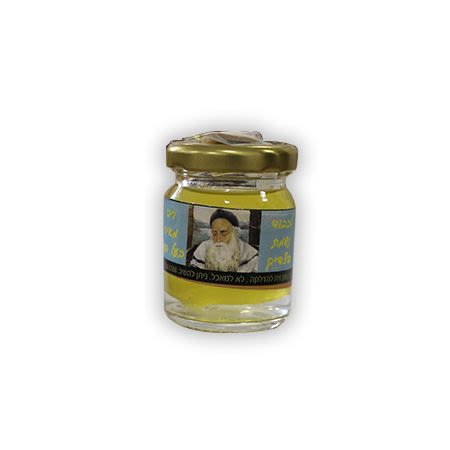
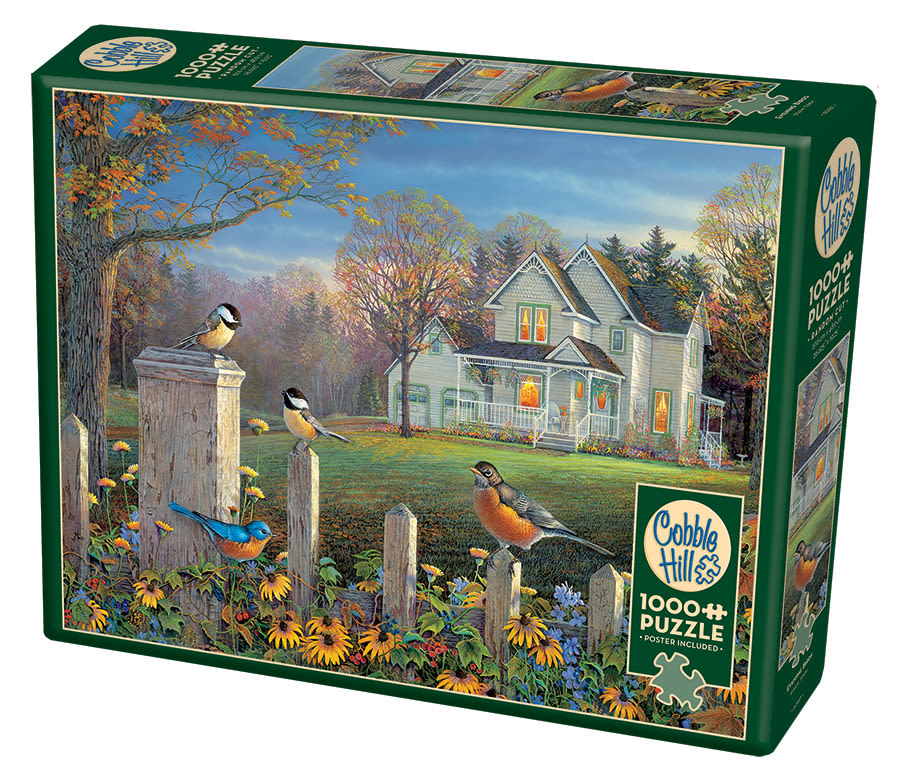

Tell us what you think!
Thank you for your comment!
It will be published after approval by the Editor.